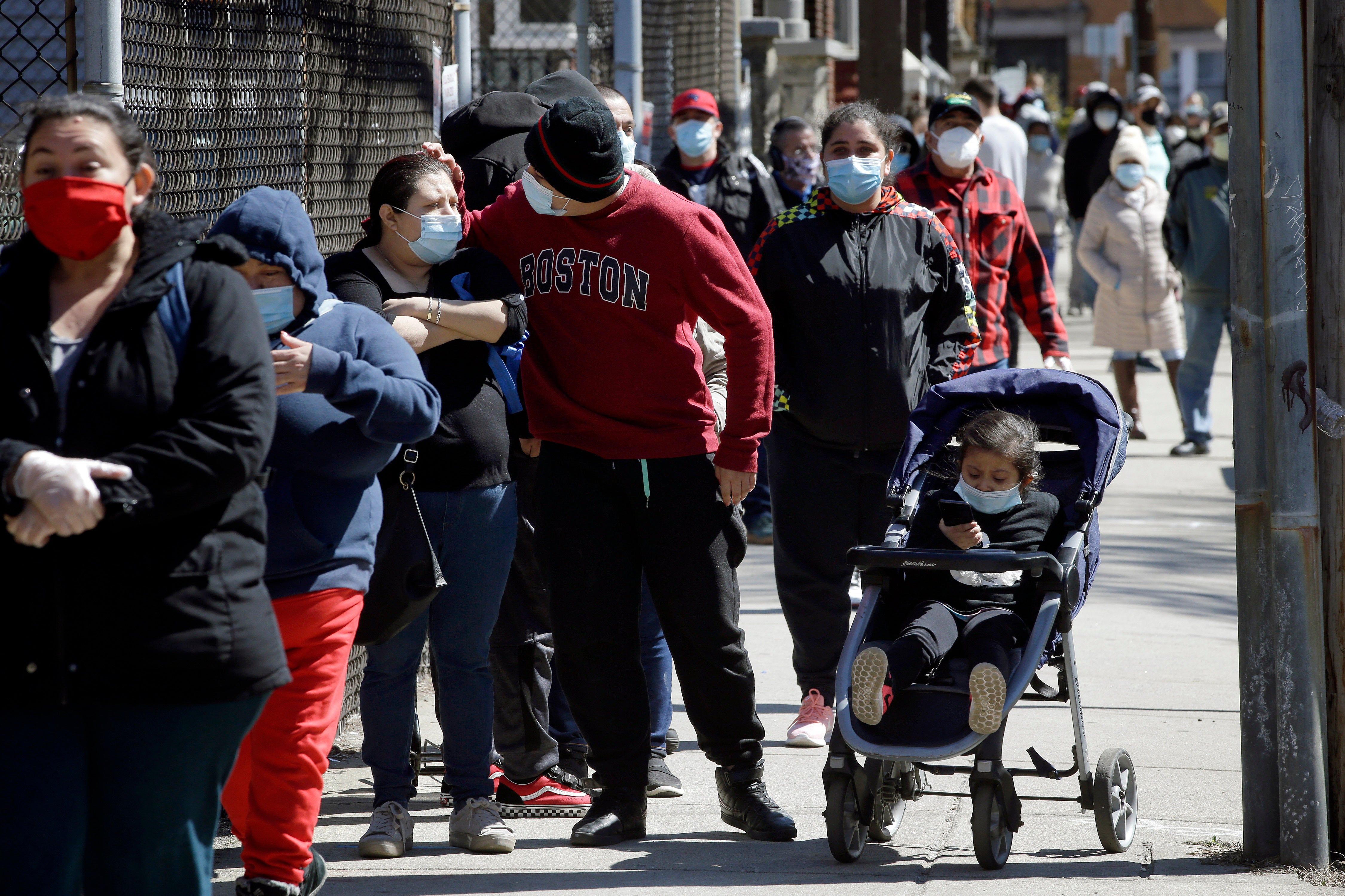Americans suffering from ‘return anxiety’ as society reopens
INDIANAPOLIS (WISH) — The coronavirus pandemic continues to cause unprecedented, emotional turmoil across the nation. Fear of contracting the virus, the grief over the loss of loved ones and the overwhelming responsibilities health care workers never saw coming has led to everything from anxiety and depression to addiction and suicide.
People have also been isolated and devoid of human contact, lost jobs and watched as their savings disappeared as the economy crashed.
But now, states are cautiously reopening. One would think getting back to normalcy — albeit one that will look quite different since the World Health Organization (WHO) declared COVID-19 a pandemic three months back — would provide a sense of relief and excitement.
Instead, people across the country are experiencing a new phenomenon — shifting from a state of paralyzing fear to an intense feeling of what’s called “return anxiety.”
Society has gotten so used to being inside the comforts of home to a point where they now see the world as a dangerous place lacking safety and security. Instead of embracing life again, they wish to remain hidden like a tortoise would inside its shell. At least, that’s what a recent poll by CNN showed.
The poll, conducted in collaboration with independent research firm Social Science Research Solutions, surveyed 1,259 respondents and found 50% of people say they aren’t yet comfortable returning to their old routines.
Of the 50%, 17% said they will definitely or probably be able to return to work by the year’s end while 32% indicated they will probably or definitely not return until the new year comes.
The hesitancy to return to life outside lockdown has a lot to do with how much a person views the coronavirus as a threat to the public. That is, is the worst over? Or is the worst yet to come?
June statistics report 47% of respondents believe the virus threat is waning and the worst has passed while 46% of the U.S. believe the pandemic is far from over. This is an improvement from April numbers when 80% feared the worst was coming compared to just 17% who felt the worst was over.
The resistance to return to normalcy may also have to do with lifted life pressures and added joys as a result of lockdowns.
“In particular, these people who live in family situations — partners, kids and the quality of their relationships are reasonably good… they are actually quite enjoying lockdown because they are having some of the pressures of modern life reduced,” Roger Patulny, as associate professor of sociology at Wollongong University in Australia said in an interview with British daily newspaper, The Guardian.
In the same interview, Melissa Norberg, associate professor of clinical psychology and deputy director for the Centre for Emotional Health at Macquarie University, also in Australia, said the resistance should ease off in the next few weeks or so.
“As we go back, the evidence from previous pandemics where there has been a lot of social isolation is that within a month or two, people should start to readjust to that prior normal,” she said.



